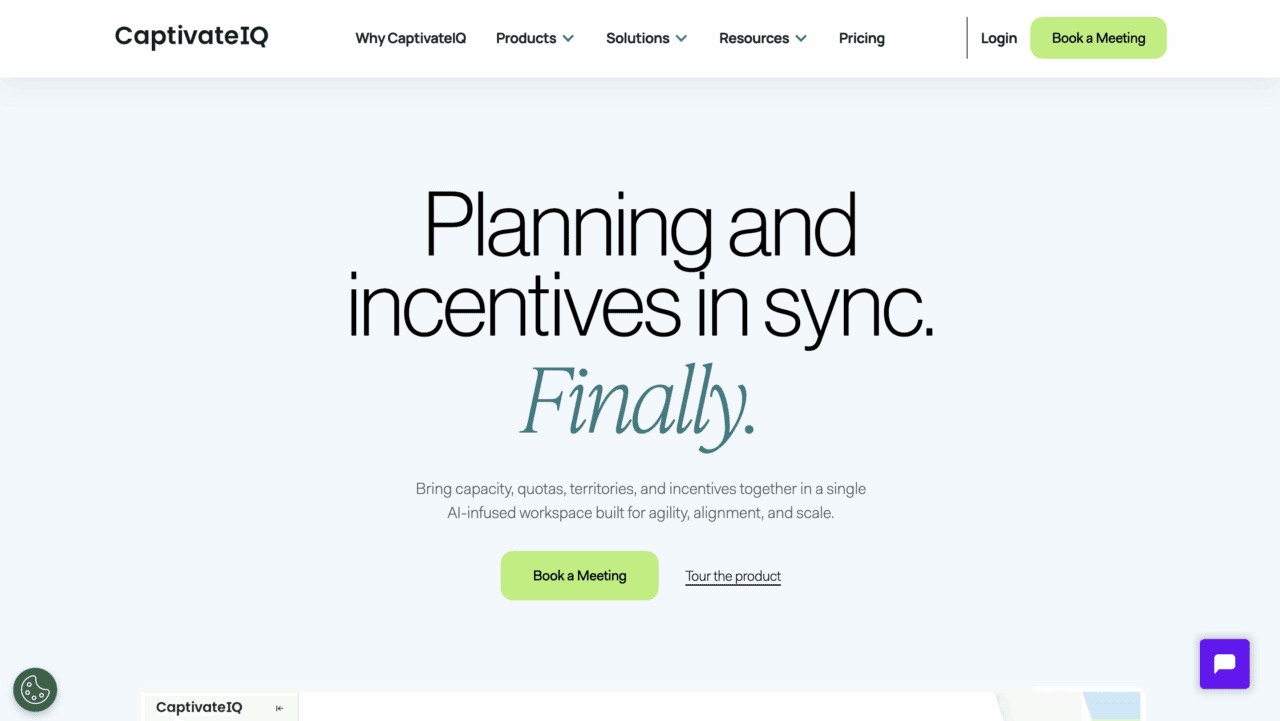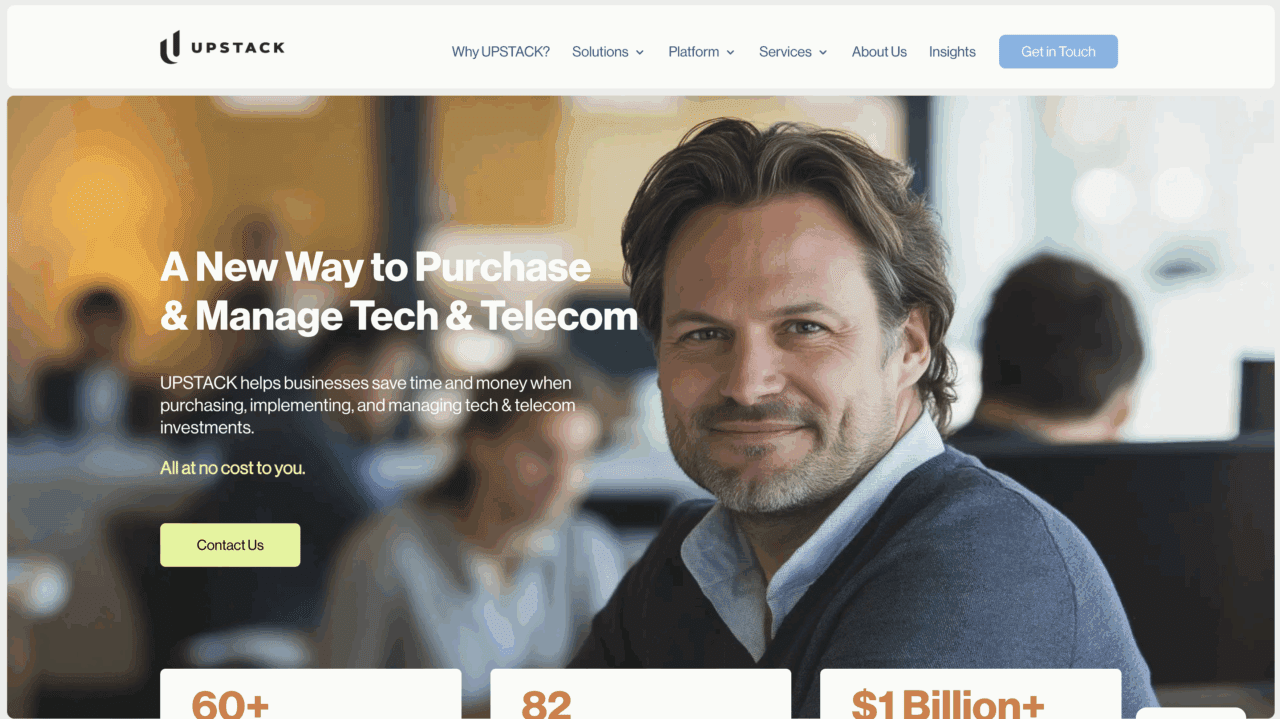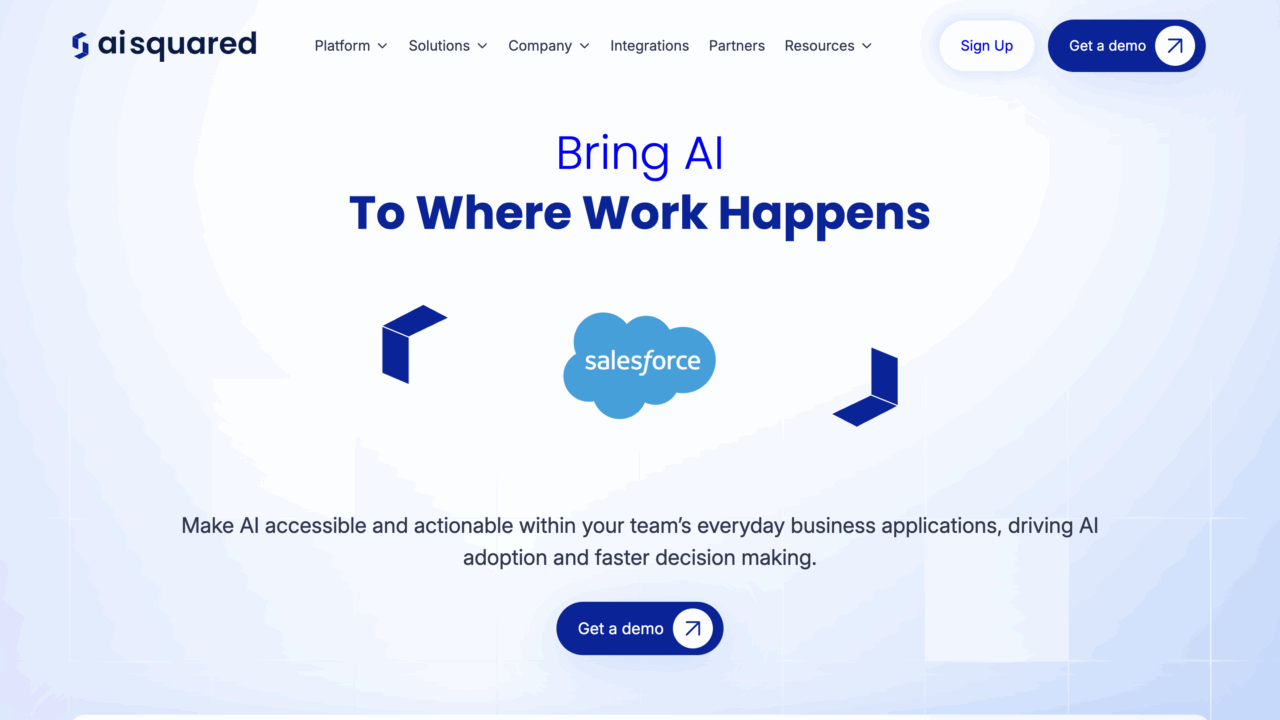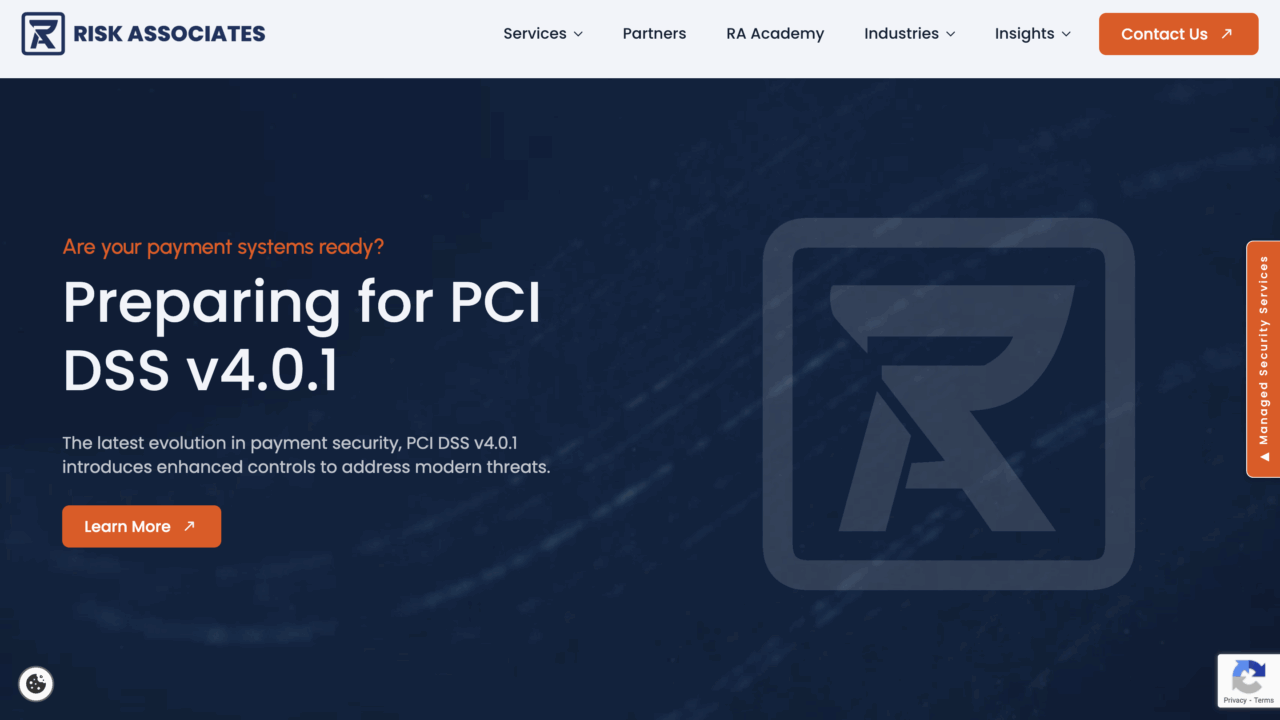
- Payment infrastructure provider Finzly announced an integration with Q2.
- Finzly will bring its payment experience to Q2’s Digital Banking Platform, enabling financial institutions to offer their customers greater payments capabilities.
- Both Finzly and Q2 won Best of Show awards at our all-digital conferences in 2020.
Finzly has announced an integration with fellow Finovate alum Q2 that will bring its payment experience to Q2’s Digital Banking Platform. This will enable financial institutions to offer their customers the ability to send and track a variety of payments, including cross-border, domestic, and instant payments—without having to leave the platform.
“In today’s connected world, businesses and consumers expect their banks to deliver seamless payment experiences. With fintechs setting new expectations for simplicity, speed, and transparency, banks and credit unions must be able to meet these demands effortlessly,” Finzly CEO and Founder Booshan Rengachari said. “By integrating Finzly’s solution into Q2’s Digital Banking Platform, we’re providing financial institutions with a simple, efficient way to offer exceptional payment experiences—including international payments—that exceed account holder expectations, without the need for a complex overhaul.”
A payments infrastructure provider for financial institutions, Finzly offers a payment experience that delivers real-time visibility, competitive FX rates, and built-in regulatory compliance and fraud monitoring. Importantly, the technology is “rail-agnostic,” supporting FedNow, RTP, Fedwire, ACH, and SWIFT. Integrated into the Q2 Digital Banking Platform, Finzly’s technology will help financial institutions expand their offerings, generate new revenues, and grow their customer base.
The integration was made possible by the Q2 Partner Accelerator Program. The program is a component of the Q2 Innovation Studio and enables in-demand financial services companies that are working with the Q2 SDK to pre-integrate their technology into the Q2 Digital Banking Platform. This makes it easy for banks and other financial institutions to collaborate with these companies, buy their solutions, and quickly deploy the technologies for their customers.
A Finovate alum since 2011, Q2 won Best of Show at our all-digital conference in 2020. Founded in 2004 and headquartered in Austin, Texas, Q2 offers a Digital Banking Platform that provides a range of secure, data-driven banking and lending solutions to banks, credit unions, fintechs, and other companies in financial services. Financial institutions using the company’s platform have reported 54% higher deposit growth, 48% higher loan growth, 27% higher revenue per employee, and 13% higher return on assets compared to companies that do not use the platform. This week, the company reported that Open Payment Network (OPN) has become the first integration partner for Q2 Instant Payments Manager, a solution designed to help financial institutions manage instant payments workflows.
Finzly made its Finovate debut at FinovateFall 2019 and won Best of Show in its return to the Finovate stage the following year. Most recently demonstrating its technology at FinovateSpring 2022, Finzly showed how its bank operating system, FinzlyOS, can quickly launch a modern, digital bank equipped with direct connections to all the major payments networks—from ACH and wires to RTP, FedNow, and SWIFT. Earlier this month, the company announced that it is gearing up to support both stablecoin and tokenized deposits in response to a demand for these digital assets that the company described as “exponential.”
“The momentum behind stablecoins is undeniable, and we’re seeing remarkable interest from US banks who recognize this isn’t just a trend,” Rengachari said. “Financial institutions that prepare now with the right infrastructure will be positioned to capitalize on what could be a $2 trillion market by 2028, while those that wait risk being left behind in an increasingly digital financial ecosystem.”
Headquartered in Charlotte, North Carolina, Finzly was founded in 2012.
Photo by Clay Banks on Unsplash





















